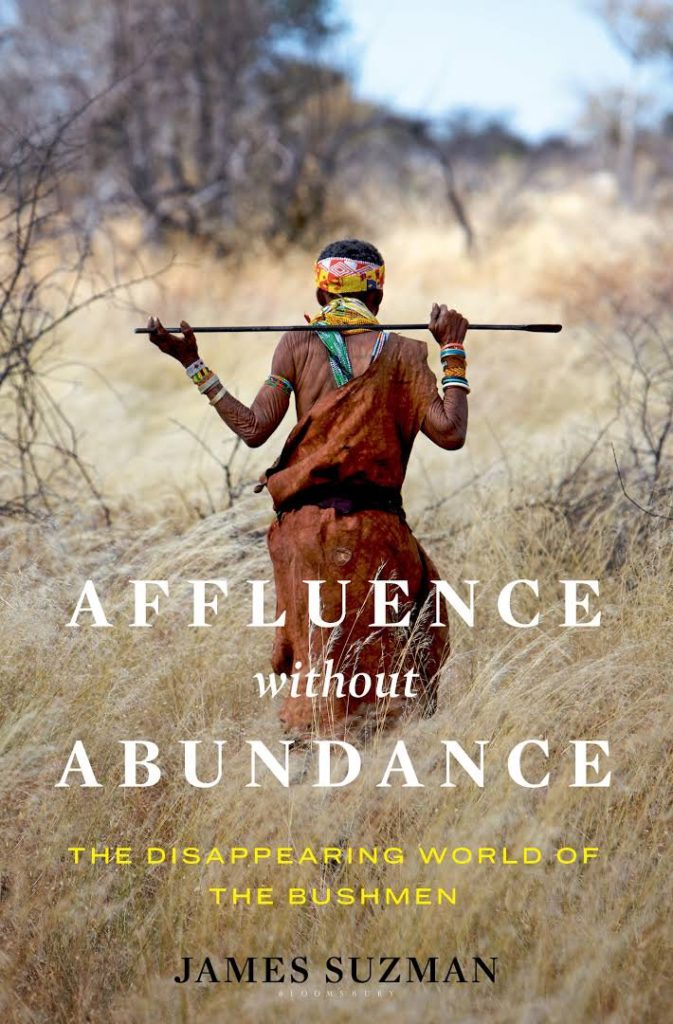No, they aren’t living in the stone age
I’m no expert on indigenous cultures, but I’m learning more about them all the time. I’ve had guests on the podcast who lived years and in cases decades with the San in Southern Africa, the Hadza in Tanzania, the Tsimane in Bolivia, the Kogi in Colombia, and the Matses in Peru. I’ve also had Native American guests. I’ve attended workshops in New York by Native Americans.
Besides learning from others, by unplugging my fridge and apartment and avoiding packaged food and flying, I’m moving in their direction, though far from them. But with each step I learn more. More than learning, I uncover the lies our culture tells us, like that using more energy improves life. I’m speaking loosely for brevity.
Before learning what I have, I thought we could say that these cultures were living in the Stone Age. The more I learn about them, however limited, I find they aren’t living in the past. They’re living in harmony, that is, sustainably, with their environment.
The distinction is important. We in our culture can live more sustainably. Looking down on them makes it harder to learn from them. As best I can tell, indigenous cultures can be more sophisticated and complex than ours. Ours containing lots of material stuff doesn’t mean our culture serves our needs best.
For us to live sustainably doesn’t mean we have to live exactly as they do. There are innumerable ways to live sustainably. We can continue innovating and developing, just subject to constraints of not polluting. Constraints breed creativity. I suspect a lot of our innovation will be around living happier and healthier, not building bigger things. There are plenty of ways to make us happier and healthier than Instagram, Doritos, bigger homes, and flying around. The industries behind those things pollute like crazy. From my new perspective, it’s not obvious they improve our lives over hand-made arts and crafts like books, plays, painting, sports, and education; fresh produce; smaller homes; and global travel how people used to: sailing, horses, even bicycles.
People are quick to point out how we live longer and other material differences, but human modal lifetimes are around 70 years. Human culture caused lifetimes to shorten to 30, not nature. If our culture is so abundant and our wealth so great, why do we keep stealing their land and resources? If our culture is so great, why do they resist assimilating for centuries, often risking their lives?
We could learn from them, if we retained some humility, that is.
Am I missing anything?
Being a scientist but not an anthropologist, I welcome learning what I may have missed. In the meantime, I’m working under the model that indigenous cultures—or as I often call them, independent free cultures—are as sophisticated and nuanced as ours.

Read my weekly newsletter

On initiative, leadership, the environment, and burpees